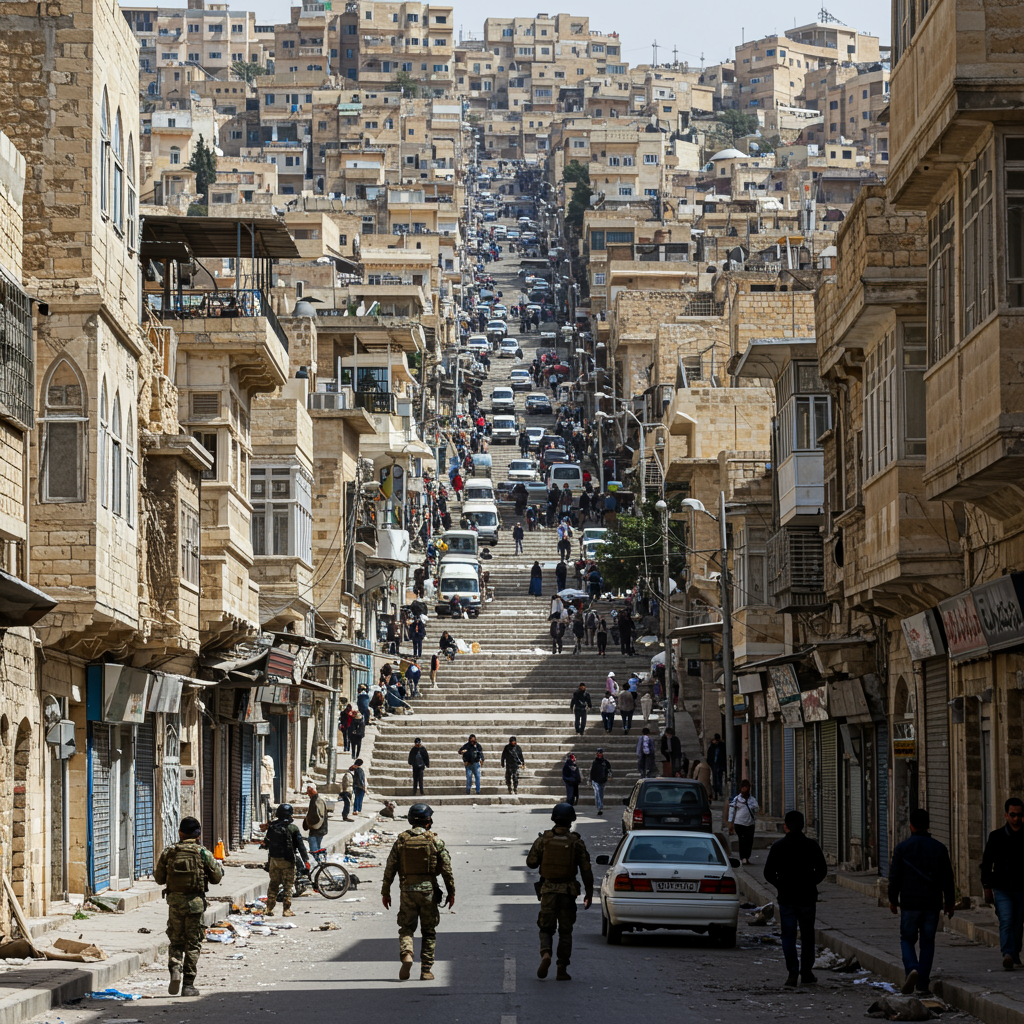Iranian President Masoud Pezeshkian has expressed “regret” to Qatar’s Emir Sheikh Tamim bin Hamad Al Thani following Tehran’s missile attack on a US military base located within the Gulf nation. The diplomatic exchange underscores the sensitive nature of regional tensions and Qatar’s complex position as a host to foreign forces and a regional mediator.
In a phone call with the Emir, President Pezeshkian clarified that the recent strike targeting the Al Udeid Air Base, the largest US military installation in the Middle East, was not aimed at Qatar or its population. He reportedly assured Sheikh Tamim that the attack did not constitute a threat to the neighboring Gulf state. Pezeshkian emphasized Iran’s desire for relations with Qatar to remain strong, based on mutual respect for sovereignty and good neighborliness, referring to Qatar as a “neighboring, Muslim, and sisterly state.”
The missile attack, carried out by Iran’s Islamic Revolutionary Guard Corps (IRGC), involved the launch of 19 missiles. The IRGC stated the strike was a “powerful and devastating” retaliation for perceived “blatant military aggression” by the US against Iranian nuclear facilities. Qatari defense forces played a crucial role, successfully intercepting 18 of the incoming missiles. Witnesses in Qatar’s capital, Doha, and other areas reported seeing flares and hearing loud explosions during the incident, although Qatari officials confirmed the Al Udeid base had been evacuated beforehand, resulting in no reported casualties.
Despite Iran’s assurances, Qatar reacted strongly to the violation of its territory. Sheikh Tamim reiterated Qatar’s “strong condemnation” of the attack, viewing it as a “flagrant violation” of Qatar’s sovereignty, airspace, international law, and the United Nations Charter. The Emir highlighted that such actions were inconsistent with principles of good neighborliness and the close relationship between the two countries, especially given Qatar’s consistent efforts advocating for dialogue with Iran. Qatar’s Prime Minister, Sheikh Mohammed bin Abdulrahman bin Jassim Al Thani, acknowledged that the incident had left a “scar” on Doha-Tehran relations that would require time to heal. Furthermore, the Qatari Foreign Ministry lodged a formal complaint with the United Nations, informing both the Secretary-General and the Security Council of the “extremely dangerous escalation” and asserting it posed a “direct threat to regional peace and security.”
The missile exchange occurred amid a wider context of tit-for-tat military actions involving Iran, the US, and Israel. These tensions escalated following recent Israeli strikes inside Iran. Notably, Qatar has played a significant diplomatic role in the region, reportedly assisting in efforts to de-escalate tensions, including helping to broker a ceasefire between Iran and Israel at the request of the US President. This mediation role underscores Qatar’s delicate balancing act and the challenge posed by military actions like the attack on Al Udeid within its borders, which directly impacts its sovereignty and regional standing. The Emir stressed the urgent need to halt military operations and return to negotiation and dialogue to safeguard regional security.



